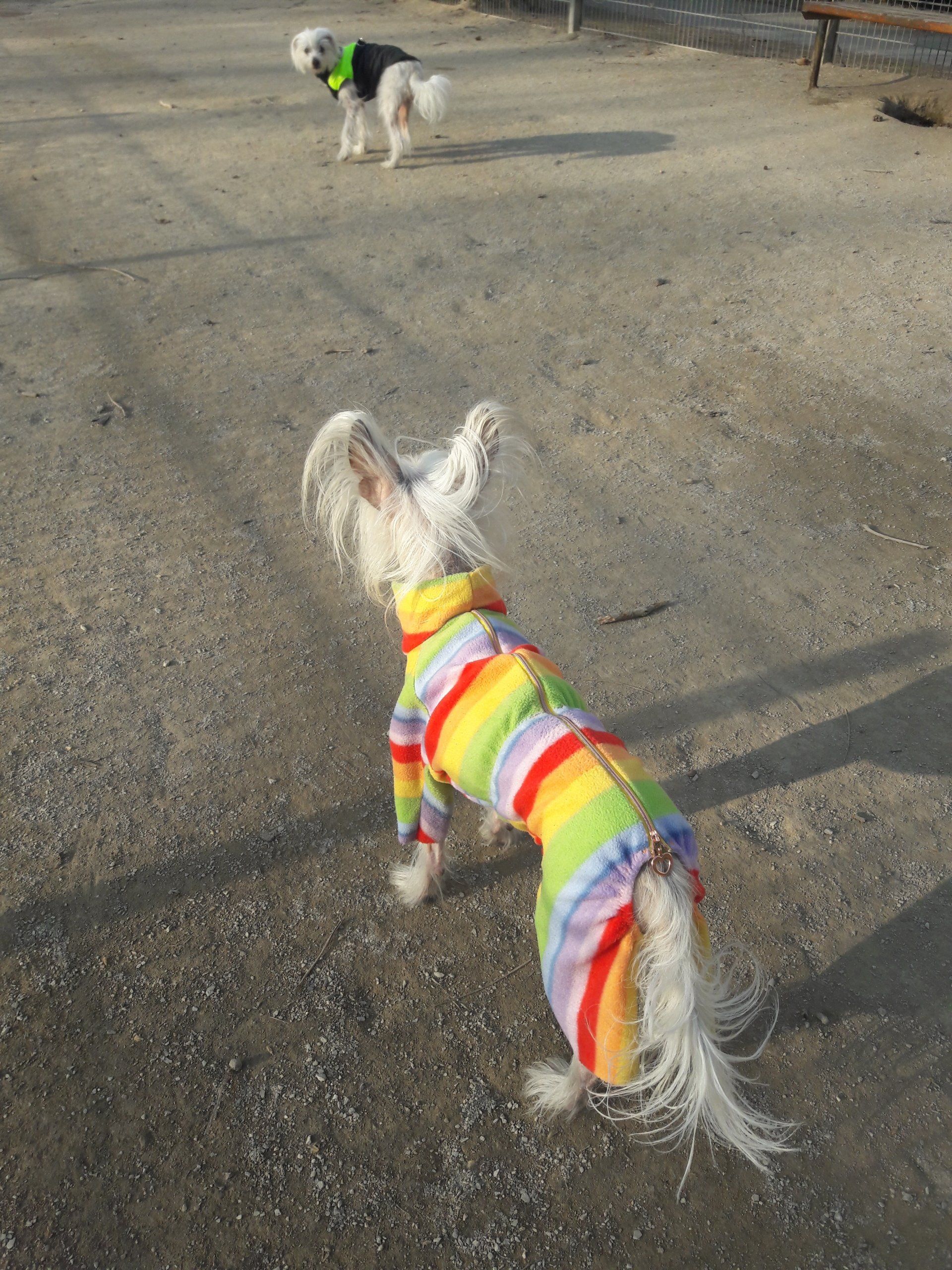Yeah. That was a bit of a hiccup. I really thought I had done all the homework, including all the relevant googling, when I found the name Everyday English and thought nobody else had it. So imagine my consternation when I was contacted by said business owner informing me that they had been registered under that very name for a while longer than me - though not in the same register. I had not found them when googling, and no flags were raised when registering - but there they were. Undeniably there. And I am kicking myself. Of course I am. Well. There is little point in crying over spilt milk, I say, so here's to buckling down and trying to find a new, perhaps even better, name. See it as an opportunity to reconnect with past customers and possibly, hopefully, gain some new ones. And then I should concentrate on the silver lining: the other Everyday English cater to a different set of customers.
Who needs human translators anyway?
Yeah. That was a bit of a hiccup. I really thought I had done all the homework, including all the relevant googling, when I found the name Everyday English and thought nobody else had it. So imagine my consternation when I was contacted by said business owner informing me that they had been registered under that very name for a while longer than me - though not in the same register. I had not found them when googling, and no flags were raised when registering - but there they were. Undeniably there. And I am kicking myself. Of course I am. Well. There is little point in crying over spilt milk, I say, so here's to buckling down and trying to find a new, perhaps even better, name. See it as an opportunity to reconnect with past customers and possibly, hopefully, gain some new ones. And then I should concentrate on the silver lining: the other Everyday English cater to a different set of customers.

I've long since stopped counting. Really, I have. But you can take my word for it that I have been contacted countless times about last-minute translations of rather substantial texts and been faced with both completely unrealistic deadlines as well as generous offers of starvation pay. I don't do those jobs. Not only does this display a blatant disrespect for the translator's role, but it is equally insulting of the work put into the original text. These are often texts of great importance where the author has put a lot of thought into it and spent not just hours or days, but often weeks and months turning over words and phrases in their head, gone back and rewritten passages or perhaps even the entire text. Many have given up writing their own texts and have turned to professional writers because - guess what - writing is not easy. And still - whether we are talking about a website, a power point presentation, a leaflet or a master thesis - why, oh why do people decide to hand the translation job to the daughter of a friend "who is quite good at English" for a few bob and a coffee? Not only that, she is expected to deliver within a couple of days often really major jobs that require at least as much thought as was put into the original text. The result is invariably (and please pardon my French here) shite . But guess what - it is not your friend's daughter who looks silly. It is you and your company.

I have made up words and names my entire life. First in Norwegian, then Danish and then English. We all do it, to a degree. A family I knew even had names for a couple of rowing boats: "Gumba" for the plastic boat, and "Gappok" for the one made from wood. Gappok was a little smaller - and we were allowed to learn to row it. But we used Gumba to go fishing as it had an outboard motor and could more easily take us to the best fishing spots. I remember summers as endlessly sunny and catching tiny shrimps with our bare hands in the clumps of seaweed close to land. My sister tried to lumber me with nicknames. Hers all meant something, though. Among them were "Nøtte" (Nutty) and "Pølsa" (Sausage). Mostly she just used "Dust" (Stupid), but I refused to react to any of them and they sort of faded over time. So, what's the difference between pet names and nicknames? Well, pet names tend to change with mood and situation - so my sister's approach sort of bridged the two - the angrier she got, the more "Dust" I was (this word is clearly also an English/Norwegian false friend , but that is another blog post). When she was less angry and more in the mood to tease me, Nøtte was her name of choice. But still, a nickname is generally what you are known as among friends or in specific settings. And I've never really had one of those. These days I excel in the pet name department. Giving, rather than being given. As the lucky owner of two of the strangest dogs in Vienna, I am forever doling out whatever suits the situation. Their real names are Hades (first born) and Pluto (second litter). In public, Hades goes by a variety of names, such as "Youlittlebugger!!", "Horror!" and "WhatTheF***IsWrongWithYou?!?", occasionally replaced by a long wail of "Neeeiiiiinnn!" (German is very expressive when loud noises are required). It makes little difference, though, as he was born deaf and relies on my facial expression to know what mood I am in. He is totally at ease with my pained look and only worries when I'm calm and happy. As for Pluto, well, he is the cute little rascal (and "Rascal" is a frequently used favourite pet name for him), so the variety is greater. In public, "Come here, you little Bastard!", normally applied when his nose seems magnetically attached to the bottom of a female dog (this happens a lot) - then "Puppy!" in a happy voice when he is being cute - and he is. Very cute. He is now 5 years old but still looks like a puppy. At home, well, "Rascal" or the German version "Schlingel" when we arrive home to find he has visited every surface within reach, which is anything he can jump up on up to 1,5 m. I swear that dog was a cat in his past life. He has been known to send gobbledeegook emails and work his way though an entire package of toast - just because he could. We've gotten better at child-proofing the house. In the evening when we curl up on the sofa with the two little darlings, they go by "Shnurkel" (my personal favourite), "Munchkin", or "Cuddledeepooh" - all expressed in a baby-pink tone and accompanied by sessions of extreme cuddling. Hades will normally take off squealing if it gets too much, while Pluto flops into it with all the contentment of a much-loved toddler. So, in the good tradition of quoting Shakespeare I say: "What’s in a name? that which we call a rose By any other name would smell as sweet; So Romeo would, were he not Romeo call’d"



